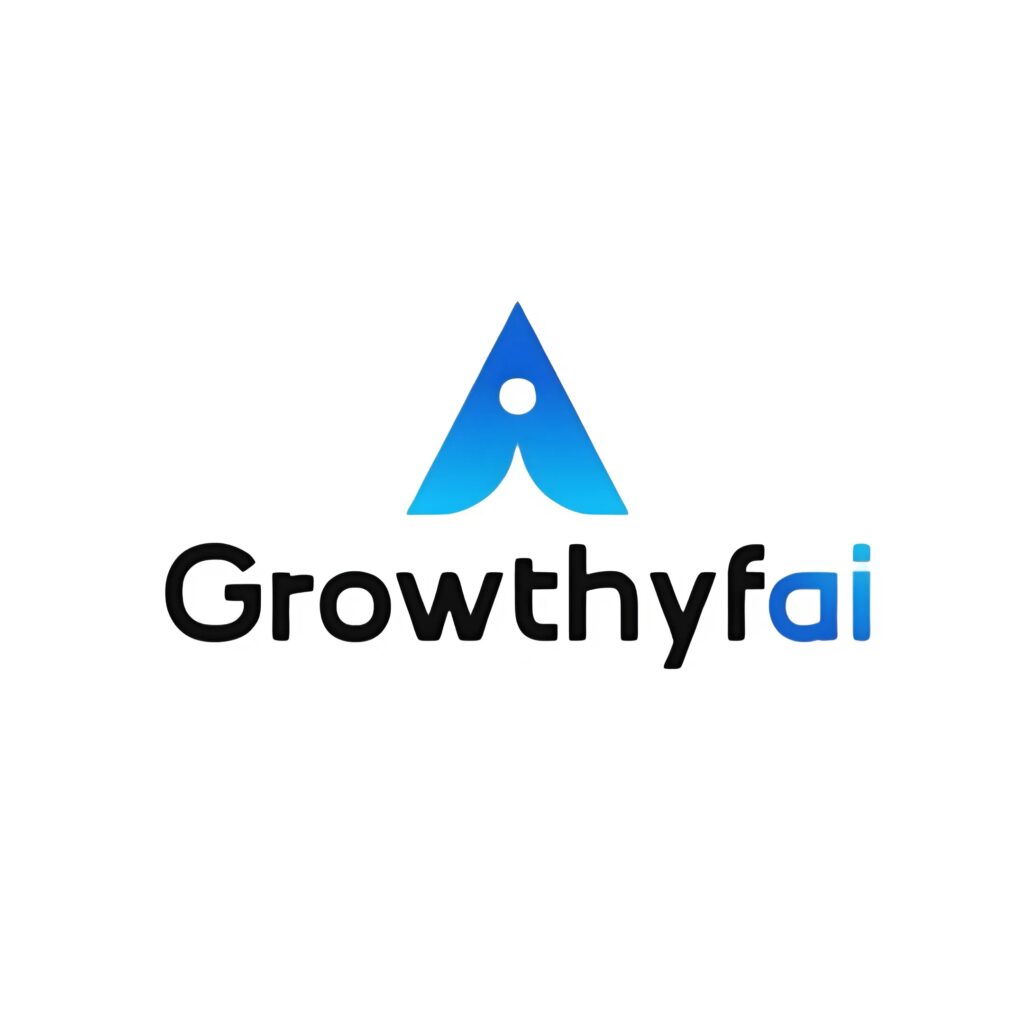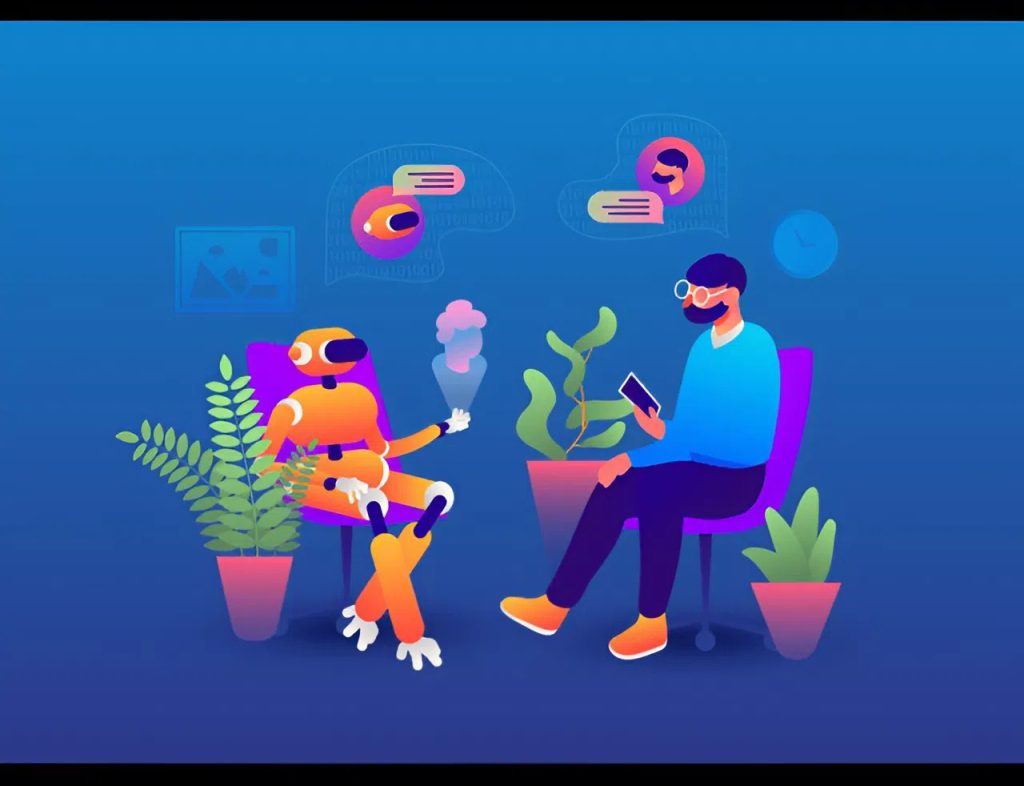AI’s Role in Revolutionizing Mental Health Support Apps

AI’s Role in Revolutionizing Mental Health Support Apps
In recent years, artificial intelligence (AI) has penetrated various sectors, and healthcare is no exception. The integration of AI into mental health support apps has been a game-changer, offering innovative ways to improve mental health services and make them more accessible. This article explores how AI is transforming mental health support apps, providing users with reliable, timely, and personalized care.
—
The Growing Need for Mental Health Support
Mental health issues are increasingly recognized as significant public health concerns, affecting millions globally. With rising stress levels, anxiety, and depression fueled by factors such as fast-paced lifestyles, social pressures, and global uncertainties, there is a growing demand for mental health support. Unfortunately, traditional mental healthcare services are often limited by a shortage of professionals, stigma, and high costs.
Consequently, digital solutions like mental health support apps are gaining popularity as accessible, affordable, and effective tools. These apps are bridging the gap by offering users immediate and ongoing support at the touch of a button.
—
AI-Powered Features in Mental Health Apps
AI has introduced several features to enhance the efficacy of mental health support apps. These technologies are designed to provide tailored support to individual users, ensure confidentiality, and promote continuous engagement.
Real-time Mood Tracking
AI algorithms in mental health apps can analyze user inputs such as text, voice, or even biometric data from wearables to detect mood fluctuations. By monitoring these indicators, apps can offer real-time feedback, helping users understand their triggers and moods better. Advanced sentiment analysis further enables apps to gauge emotions and provide appropriate responses or interventions.
Personalized Interventions
AI’s capacity for data analysis is pivotal in personalizing mental health care. By learning from user interactions, AI can curate personalized therapy sessions, suggest mindfulness exercises, or recommend lifestyle changes. Tailored interventions ensure that users receive the most relevant information and resources, increasing the likelihood of positive outcomes.
Conversational AI and Chatbots
One of the standout features of AI in mental health apps is the use of conversational AI and chatbots. These virtual assistants offer 24/7 support, providing immediate responses to user queries or concerns. Chatbots like Woebot and Wysa use natural language processing to engage with users empathetically, offering evidence-based therapeutic techniques such as cognitive-behavioral therapy (CBT).
Predictive Analytics for Crisis Management
AI’s predictive analytics capabilities are key to crisis management in mental health support. By analyzing patterns in user data, AI can predict potential mental health crises, such as panic attacks or depressive episodes. Apps can alert users and, if necessary, their caregivers or emergency contacts when a high-risk situation is anticipated, providing intervention before the situation escalates.
—
Case Studies: Success Stories of AI in Mental Health Apps
Several mental health apps have successfully integrated AI to provide robust support for users.
Wysa: An AI-Powered Emotional Support Companion
Wysa is a popular example, leveraging AI to guide users through an array of therapeutic techniques. With over 100 million conversations, Wysa uses cognitive-behavioral therapy, dialectical behavioral therapy, and meditation to aid users. Its AI-driven mood tracker helps in understanding emotional states, offering exercises and reflections tailored to the user’s needs.
Woebot: The Therapeutic Chatbot
Woebot has revolutionized how users interact with mental health tools. This chatbot uses conversational AI to deliver CBT techniques, fostering resilience against mental health challenges. Woebot’s success is grounded in its ability to provide instant, relatable, and non-judgmental support, encouraging users to engage openly with their mental health.
Replika: Building Emotional Connections
Replika is another AI app that focuses on emotional well-being. While primarily a friendship simulator, it provides users with a platform to express their thoughts and feelings freely. It builds emotional connections by learning from interactions, fostering a safe space for emotional exploration and growth.
—
Ethical Considerations and Challenges
While AI’s integration into mental health support apps presents significant advantages, it also poses certain ethical and practical challenges.
Privacy and Security Concerns
Handling sensitive mental health data requires stringent security measures to protect user confidentiality. Ensuring data encryption and compliance with regulations like GDPR is vital to maintaining trust.
Algorithm Bias
AI systems are trained on data sets that may contain inherent biases, affecting the quality and fairness of the support offered. Continuous monitoring and updating of algorithms are necessary to mitigate these biases and provide equitable support.
The Human Element
AI cannot replace human empathy and understanding in mental health care. While effective for initial support, the presence of trained professionals is essential for comprehensive mental health treatment.
—
Conclusion: The Future of AI in Mental Health Support
AI’s role in mental health support apps is undeniably transformative, offering scalable, efficient, and innovative solutions to manage mental health issues. As technology continues to evolve, it is expected that AI will further enhance these apps, making mental health care more proactive, personalized, and accessible.
By addressing challenges such as privacy, bias, and the need for human oversight, AI-driven mental health support apps can become integral components of a broader mental health care ecosystem. As society moves toward a more holistic and inclusive approach to mental health, AI’s contributions will likely remain at the forefront of these changes, revolutionizing the way mental health support is delivered and accessed worldwide.








